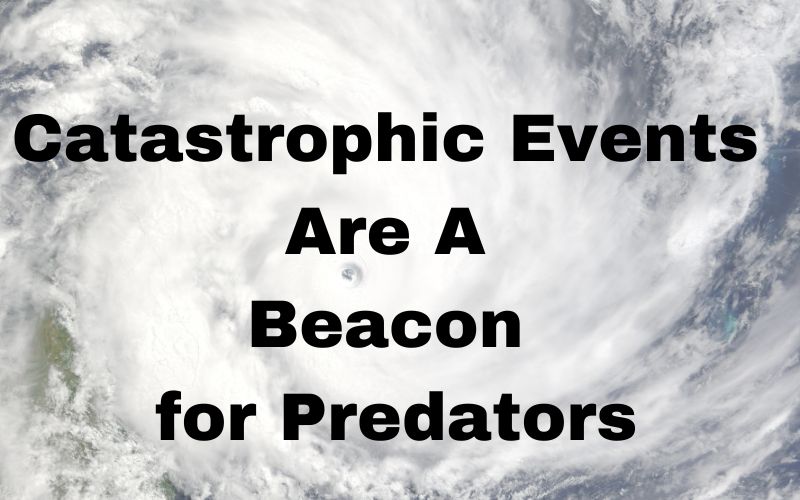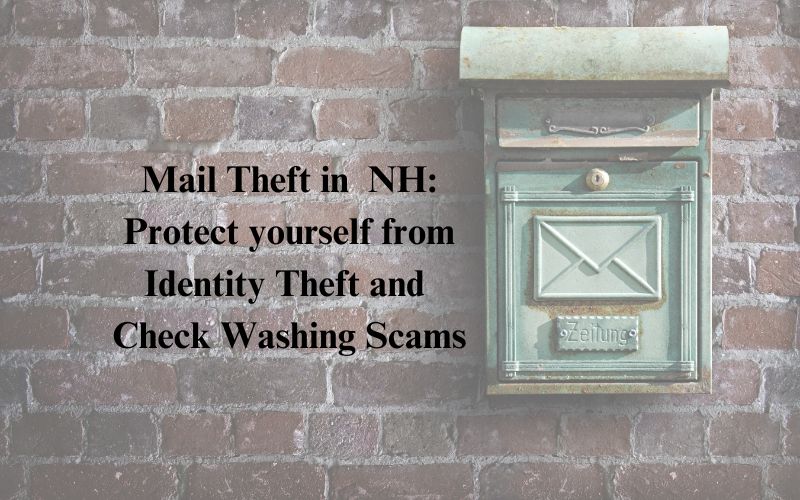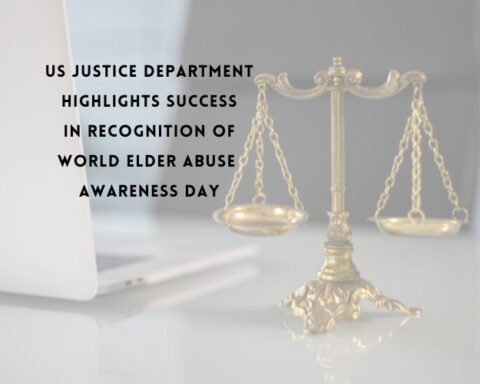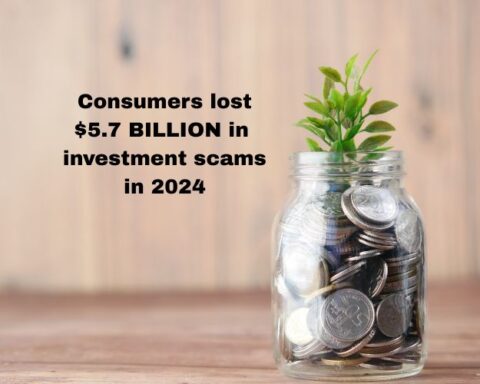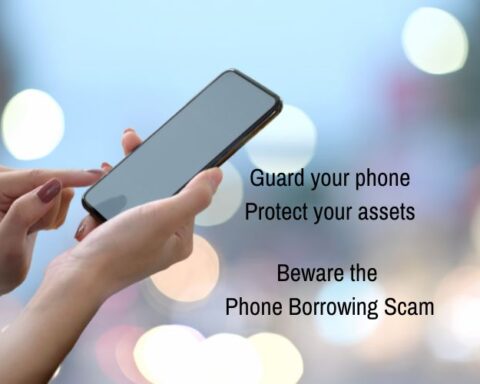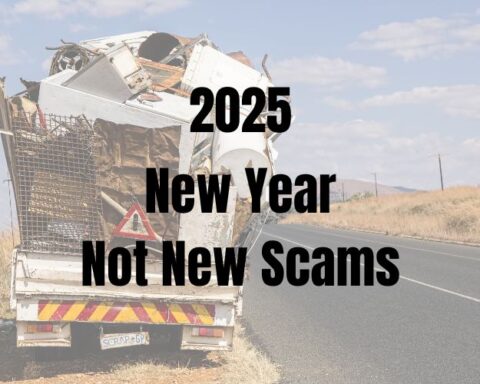Federal officials and experts are warning that the winds and floodwaters from Helene that wrecked the Southeast carry unscrupulous fraudsters amid the flotsam.
ORIGINAL ARTICLE: USA TODAY October 2, 2024
More than 4,500 federal rescue and aid workers are headed to the areas smashed by Hurricane Helene. But U.S. prosecutors say another deluge of people is on the way: charlatans, opportunists and disreputable contractors looking to exploit the victims of the storm.
Federal, state and local officials have put out advisories this week warning hurricane victims − especially those who are desperate − to beware of people showing up at their door or calling them claiming they want to help. Defrauding of hurricane victims and the Federal Emergency Management Agency itself is a multimillion-dollar industry for criminals, according to experts, federal authorities and government warnings.
“Con artists and criminals may try to obtain money or steal personal information through fraud or identity theft after Hurricane Helene,” FEMA officials warned Tuesday. “In some cases, thieves try to apply for FEMA assistance using names, addresses and Social Security numbers they have stolen from people affected by the disaster.”
Schemes include fake charities soliciting donations for disaster victims, fraudsters impersonating government officials doling out assistance, and sham businesses offering to help with recovery, Hairston said.
Attorneys general in several states are warning people to be wary of an onslaught of scammers who usually show up in the wake of natural disasters and who some say are already arriving after Helene tore through six states.
Georgia Attorney General Chris Carr urged people to be on the lookout for home repair fraud, charity fraud, imposter scams and price gouging.
Investigators are familiar with the schemes from previous natural disasters. The National Center for Disaster Fraud has received more than 220,000 complaints of fraud since its founding in 2005. FEMA has an entire office dedicated to detecting fraud and provides a web page where people can report scams.
Ideal environment for scammers
Widespread power outages and the hundreds of billions of dollars in damage done by Helene have created ideal conditions for scammers, experts say.
Power outages can make it difficult for people to verify people’s identity or make sure a business is legit.
Scammers bilk FEMA, local government
The Justice Department charged more than 900 people with fraud related to hurricanes Katrina, Rita, Wilma, Gustav, Ike and other disasters, according to the FBI. Not long after, the National Center for Disaster Fraud was formed.
Cheating the government − mainly FEMA − out of money meant for disaster relief is another rampant form of fraud, past cases of disaster scams show. Other schemes include companies with local government contracts that don’t live up to their obligations to do FEMA-funded work. FEMA inspectors and staff NEVER ask for money upfront.
Fraud received widespread attention after Katrina when federal investigators uncovered scammers submitting scores of applications for assistance on behalf of people who were not affected by the hurricane.
In its November 2006 issue, Fraud magazine, a publication for the Association of Certified Fraud Examiners, wrote that hurricanes and other tragedies bring out the best − and worst − of human nature.
“We’ve seen an increase in national and manmade disasters. These tragedies have brought neighbors and nations together,” the magazine wrote. “But catastrophic events are also a beacon for opportunistic predators and a magnet for various forms of deception for dishonest gain.”

